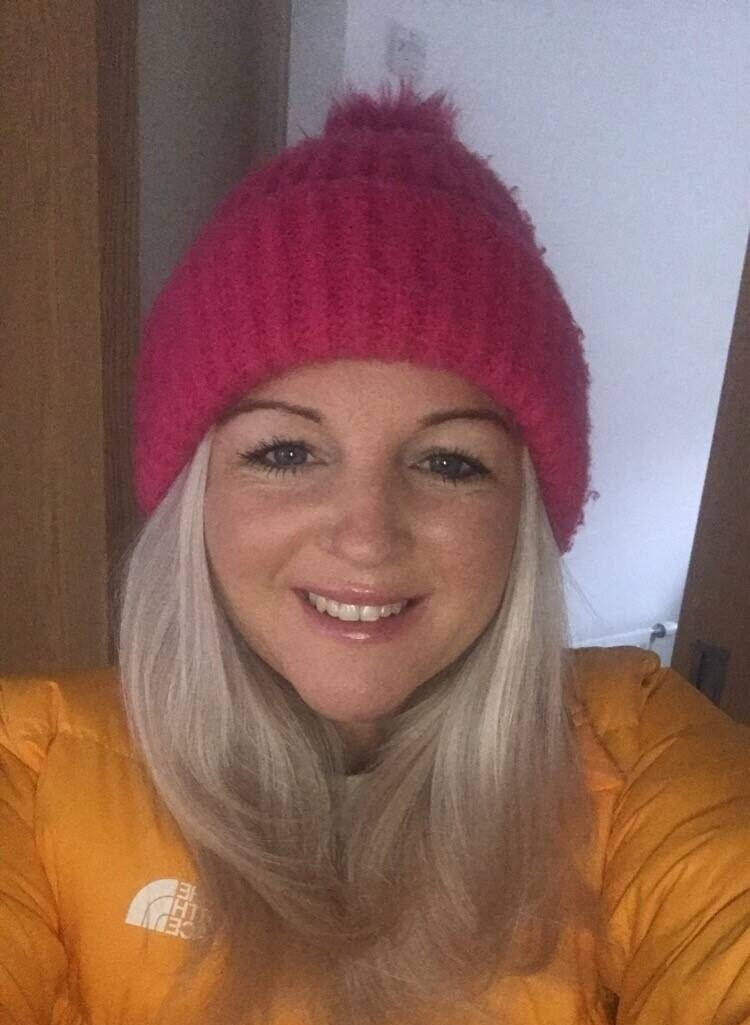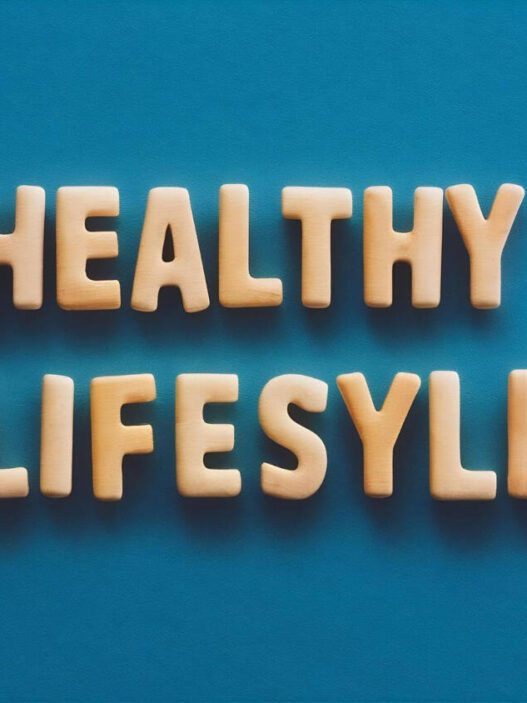Food for thought – How to reach children at a younger age and provide them with tools to prosper? Who is Bruce Lipton? What blueprint do people acquire and pass on? How did a man from humble beginnings become the richest in the world?
I started writing this article to highlight health and well-being and discuss the link between health and diet, diet, and well-being. What is health? And how does that differ for each person?
It was impossible to look at Health in isolation without first looking at Health Inequalities and addressing social inequality.
“Health is a state of complete physical, mental and social well-being and not merely the absence of disease or infirmity.” (World Health Organization)
If our programming begins pre-birth and continues until the age of 7, but intervention doesn’t start until adulthood, teenage years if young people are lucky enough to access the support they need, when they need it.
So, at age 7 we have our blueprint, if you have heard of Bruce Lipton, Bruce Lipton is an American developmental biologist noted for his views on epigenetics. (1) You will know we all have the power to change the program but let’s say for argument’s sake that many people will not discover the work of Bruce Lipton or other scientists, philosophers, world leaders, and game changers. Even if they do, let’s say they discover them mid-life when there is a good chance, they have already passed on the program, the program they learned in their early years.
How can we hope that people become the architect of a different life when their only reference is the blueprint that was handed to them from birth? A blueprint that they then pass on.
If we know that what we currently do, does not achieve the outcomes one could hope for, all we do right now is manage the symptoms of adults suffering long-term health issues; be physical or psychological. What can we do differently?
Sir Harry Burns Professor Sir Harry Burns, Professor of Global Public Health, University of Strathclyde, explores the concept of salutogenesis and the impact it has on the most disadvantaged members of our community. As the former Chief Medical Officer (CMO) for Scotland, the Scottish Government’s Principal Medical Adviser, and Head of the Scottish Medical Civil Service, Sir Harry is dedicated to improving people’s health and social well-being. In 1994, he became Director of Public Health for the Greater Glasgow Health Board, a position he occupied until 2005 (Chief medical officer)
In his TEDx talk titled ‘What causes wellness?’, he discusses how in his years as a surgeon in Glasgow’s East End, he met patients who did not value their life, or their existence enough to even contemplate making changes that would benefit their health. (2)
I ask you to sit for a moment and imagine the despair one must feel when the prospect of living holds no hope and the prospect of dying holds no fear. Then I ask you how we can challenge health, without first addressing trauma.
Sir Harry Burns’s talk mainly relates this to Glasgow (Scotland) but this is not a local problem this is a global issue.
He also emphasizes that 70% of children who have suffered from child abuse or grown up in a family with alcohol and drug users, will follow the same path. While the other 30% of these children will come out of their childhood and be successful in later life. He argues the difference lies in their ability to develop resilience.
The question I ask is: Have you ever seen ‘30% of children facing adversity go on to live successful lives.’ The media, policies, and health information are all related to the most negative outcomes. Again, if despair is the problem, could Hope be the solution? If we do nothing else, could we change the language we use to address our biggest health issues?
The message about health that exists on every billboard creates fear, it reports of the worst-case scenarios. What if we changed the language?
What if instead of overwhelming people already living in survival, we encourage a 1% change, we ask that people just move 1% towards a better life, could that empower people to believe the change may be possible?
What if every billboard offered hints and tips, the smallest messages from everyday people on how to live a healthier more thriving life?
What if every school child was exposed to mindfulness and a healthy diet? There is strong evidence to prove the benefits of mindfulness. (3)
Strong evidence to show the connection between diet and nutrition and mental health. In a study titled ‘Food, Mood, and Brain Health: Implications for the Modern Clinician’ a key line in the study states: Several nutritional deficiencies, such as vitamin B12, B9 (folate), and zinc, can cause symptoms of depression and dementia such as low mood, fatigue, cognitive decline, and irritability. (4)
What if we accept, we can’t reach every home, so start where we are with what we have?
We invest in the early years, we make health, wellness, and resilience a top priority. We ensure every child is less alone in their suffering, and we offer tools and education that they can refer to for the rest of their life. We give them a health and wellness toolbox that is intrinsically focused, so they can access the tools when they need them.
We empower them to harness what no one can take away, inner resilience, strength, and a sense of hope for the future.
I know this all sounds slightly naïve, maybe even a little idealistic, but what are our options, continue as we are.
Let’s take a deep dive into history, into Hope, and into what we can learn from others.
They say everyone is self-made but only the rich admit it. I say there are so many people, influences, and situations that play a hand in any one person’s success and or misfortunes.
How do we bridge the gap, limit the divide, and capitalize on the learning from both the wealthy and communities living in deprivation? Each with valuable lessons to share if only we are willing to listen. Each works themselves to the bone for a different cause, a cause unique to them.
How can we change the language that sets a derogatory tone from the get-go: disadvantaged, vulnerable, low income, low achieving to name a few? How can we learn to step back and “Stand not in judgment at what the poor have to carry, but stand in awe at how they carry it” (Gregory Boyle)
After visiting the Andrew Carnegie Museum on Tuesday, it sparked a whole host of questions, ones I feel need to be answered:
How does a man from humble beginnings reach such heights?
The answer is he had many people of influence behind him, including a family in Pittsburg offering a new life. He could decipher the Morse code by ear, which set him apart and ahead. By his own admission, from a young age, he had a hunger for learning and a mother who could not only see his potential but supported it. So, a combination of his own talents, combined with the opportunity to go to America, I believe all play a part in his story. Without the opportunity to emigrate would his talents have gone unnoticed.
How does he ensure his success is not in vain?
He ensures his success was not in vain through his philanthropic work. He quotes: “A man who dies rich, dies disgraced” he believed in the art of giving and could see the value in it.
What is his Legacy?
Libraries, museums, grants, hero awards the list is endless.
A beautiful museum with so many interesting facts about the man himself and the various steps that led him to become the richest man in the world.
The big question is how a man from humble beginnings goes on to achieve such wealth; a wealth that is still supporting people to this day.
A wealth that opened libraries all over the world and allowed the famous gates of Pittencrieff Park to remain open forever. The Park gates had been closed to the public for many years, and when Andrew made his money, he bought the land, opened the park gates, and vowed they would never close again. The original key to the gate can be found in the cottage museum.
Was it his humble beginnings that was the catalyst for him sharing 90%? Whatever the reason, there was something in Andrew that saw the legacy in paying it forward.
What can we learn from one of the richest men in the world?
More importantly, how do we break the stigma and stop people from feeling like being poor is somehow a default within them?
How do we reach children at a young age and give them the tools they need so they too can prosper? With social media widening the gap of inequality and promoting a life out of reach for many, how do we offer an education that allows room for growth in all areas, one that allows them the possibility of success and an opportunity to make a difference?
How do we ensure everyone has the chance to shine, and an abundance of opportunities that allow a strong focus in teenage years? How do we support sporting dreams, participation in grass root level sports, art, culture, drama, writing, and broadening the horizons of our young people?
How do we reach the children who don’t qualify for a sporting apprenticeship, sponsorship, or funded education, how do we ensure no one is left behind?
What can we do in early education to tackle these issues in such a way that lifts the lives of young people, harnessing the message they already are already enough but with the aim of exposing them to other viable options?
We know from studies that young people living in poverty, who don’t thrive in the education system are more likely to become involved in criminal justice, often starting with petty crime. How do we ensure they outwork the hand they were dealt? We bring in people with lived experience to share how they changed the program, to explain not what they think they know from an arm’s length viewpoint, but what they know for sure to be true, and we show them HOPE.
Where is the message lost?
So many books, articles, and advice around ‘think rich, grow rich’ like it’s that easy. The rich say save, invest, track, which is all great advice if you are not high functioning in survival mode; when your number one priority is not to ensure your house is warm and there is food to eat. Not to mention any additional costs associated with raising a family and running a home. That advice is so valuable, but the message is lost for people struggling to make ends meet. How can we reach people and educate them on finances, but with compassion and an understanding of where they are at?
What message do we want to lose?
The media will report everything related to the worst outcomes for people living in poverty; life expectancy, risk of long-term illness, the effects of the ACES score, and the limitations that prevent people from thriving. (6)
What they won’t always talk about, is what is working well.
They don’t talk about the community spirit, the sense of belonging, the village that surrounds people; the fact that no matter how many times you fall, as soon as you pick yourself back, your community is there to celebrate you. The community champions running various sports/writing/photography clubs for free.
You only must look at the Harvard study “Good genes are nice, but joy is better” to understand what matters most to people in terms of overall happiness. According to the Harvard study, there is great value and lessons to be learned from people living in what is deemed as poverty.
The Harvard study, almost 80 years old, has proved that embracing community helps us live longer, and be happier. Close relationships, more than money or fame, are what keep people happy throughout their lives, the study revealed. Those ties protect people from life’s discontents, help to delay mental and physical decline, and are better predictors of long and happy lives than social class, IQ, or even genes. That finding proved true across the board among both the Harvard men and the inner-city participants. (2) (https://www.health.harvard.edu/blog/the-secret-to-happiness-heres-some-advice-from-the-longest-running-study-on-happiness-2017100512543
Also, to add to that when you look at ‘The Top Five Regrets of the Dying’ written by Bronnie Ware there is no mention of finance anywhere.
“I wish I’d had the courage to live a life true to myself, not the life others expected of me.”
“I wish I hadn’t worked so hard.”
“I wish I’d had the courage to express my feelings.”
“I wish I had stayed in touch with my friends.”
“I wish that I had let myself be happier.”
Bronnie Ware is a former banker, palliative carer, singer and songwriter, international speaker, and author of several books. She wrote this book to shine a light on the lessons we need to learn while we are still living. (7)
What message do we want to harness?
There is great freedom, self-esteem, and a sense of worth associated with financial freedom.
People living in deprivation are not broken.
No child born at any point gets to choose who they are born to.
Wealth is the result of intergenerational wealth, opportunities, exposure to education, a hunger for learning, commitment, and the right contacts/connections. It includes a nurturing environment that allows one to grow. Adversity is the paradigm for that; the very skills, connections, and opportunities that help one to prosper, are exactly what hold people back. The agency does not lie with the child who has no choice, nor the parent who by default is swimming against the tide.
We need to see people as they are; celebrate people and allow them to walk their own paths. For the children and adults who want more; we need to bridge that gap and offer exposure and opportunities that help them, not only get from A to B, but onto C and D and some.
I don’t have all the answers, but I have the questions. From where I grew up, to the path I have walked here are some things I think could make a difference for the children of tomorrow:
Deep-rooted community work, with investment in Qualified Community Education staff who know what a community needs to thrive.
Youth clubs, community engagement, trips, exposure to a wide range of sports/activities/hobbies.
Peer mentors in primary and high schools
Investments in recognized speakers with lived experience who can reach and connect with young people and change the course for them (People who have walked the walk)
Counselors in primary schools and high schools
Increase after-school clubs, and include nutritional meal prep as part of that
Education on all things healthy relationships, addiction, and self-belief/empowerment.
The list is endless, and I know it all comes down to finances, but what we don’t pay today we will pay tomorrow, and as Martin Luther King says: “Whatever affects one directly, affects all indirectly.” We can remain as we are and nothing changes, or we can explore a solution focussed approach and create a thriving community, society, one that allows all children the opportunity to thrive.
Let’s change lives, one step at a time, one day at a time, one movement at a time.
Sources
- Bruce Lipton https://www.shortform.com/blog/dr-bruce-lipton-epigenetics
- https://youtu.be/yEh3JG74C6s
- https://www.mentalhealth.org.uk/explore-mental-health/a-z-topics/mindfulness
- https://www.ncbi.nlm.nih.gov/pmc/articles/PMC6170050/
- https://www.carnegie.org/interactives/foundersstory/#!/
- https://developingchild.harvard.edu/media-coverage/take-the-ace-quiz-and-learn-what-it-does-and-doesnt-mean
- https://www.health.harvard.edu/blog/the-secret-to-happiness-heres-some-advice-from-the-longest-running-study-on-happiness-2017100512543
- https://bronnieware.com/

Michelle Bauge is a Sports Development Coordinator, Young Person and Family Support Worker based at Glasgow, Scotland. Michelle has completed academic qualifications which has allowed her the opportunity to pursue a career in sports development. According to Michelle, the biggest learning has come from her years studying Personal Development and learning on how the mind works. This has ignited a fire and provided her with clarity, increased self-awareness, higher self-esteem and a clear direction.











